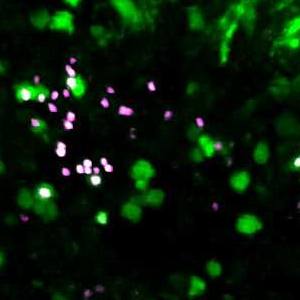-
Housecall: Exercising at the office
 THIS WEEK'S TOP STORIES
THIS WEEK'S TOP STORIES
Office exercise: Add more activity to your workday
Is an office job keeping you from exercising? From stretching to standing to adjusting your commute, try these tips to rev up your routine.
Cold remedies: What works, what doesn't, what can't hurt
For generations, people have turned to chicken soup to relieve cold symptoms. Does it really work? What about other remedies? Get the facts, and feel better soon.
EXPERT ANSWERS
Petroleum jelly: Safe for a dry nose?
Looking to soothe a chapped nose? Petroleum jelly is generally OK to use, but it can cause lung problems in certain cases.
Pain and depression: Is there a link?
There may be a connection between pain and depression. The good news is that some treatments may help both conditions.
PLUS ADDITIONAL HIGHLIGHTS
Slideshow: Portion control for weight loss
Pap smear: Why it's done
Living better with psoriatic arthritis
How to be happy: Tips for cultivating contentment
HEALTHY RECIPES
Roasted butternut squash fries
Quinoa cakes
Roasted red snapper
Smoky bean and mushroom cornucopias
HEALTH TIP OF THE WEEK
Avoid rebound nasal congestion
Decongestant nasal sprays can help reduce nasal congestion when you have a cold. But, after a few days, the lining of your nose may become less responsive to the medication. You may need more and more nasal spray to control congestion. If you stop using the medication, your congestion may get worse. This is known as rebound congestion. What's the fix? If you have rebound congestion, stop using the spray and wait. Call your doctor if you need help. To prevent rebound congestion, use decongestant spray for no more than a few days in a row.
Need practical advice on diet and exercise? Want creative solutions for stress and other lifestyle issues? Discover more healthy lifestyle topics at mayoclinic.org.
NOW BLOGGING
Paraprobiotics: Next functional food frontier?
You may have taken probiotics, a type of live "good" bacteria, to help treat digestive issues. Now researchers are eager to see what paraprobiotics (inactive forms of bacteria) can do.
Receive a free e-subscription to Housecall and other health newsletters.







